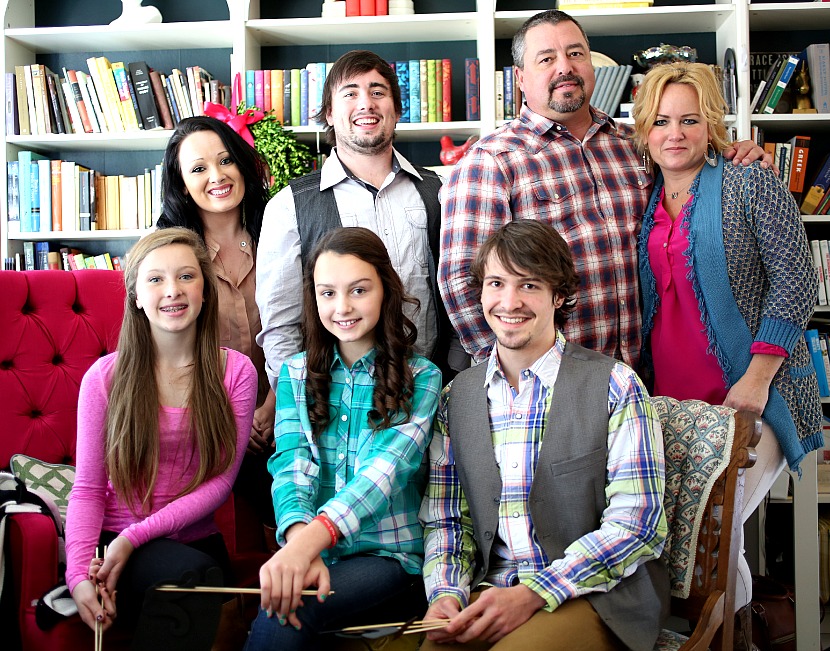Next to the Blessed Sacrament itself, your neighbor is the holiest object presented to your senses. ~C.S. Lewis

A few Sundays ago, we the Gospel lesson was the story of the Good Samaritan. This teaching of Jesus came after a lawyer, wanting to justify himself, asked Jesus if he could define not just what it means to love your neighbor but who that neighbor actually is.
After my post on Finding Your Calling in Life, several people emailed to ask me a similar question.
It’s a great question too and one that I’ve thought about long and hard. If you look at the actual meaning of the word, it just means someone who is near, from the word nigh.
So, the first answer is—EVERYBODY is not your neighbor. God has not placed everyone in your actual life, but very specific people. There’s comfort in that, if you let it sink in. Look around at the landscape of your life and take note of who is near. Your family is the nearest, then go from there to your actual neighbors, your church family, your work or school family, etc. You are not called to love and serve everyone, but instead you are called to love and serve very specific people that God has placed in your path. Vocation is beautiful, in that, it gives your neighbor a name. You are not everybody’s wife, mother, teacher, etc. You have been given these certain people on purpose. (great teaching on this subject here—->(Pastor Bryan Wolfmueller on Vocation.)
The phrase, love everyone, kinda lets you off the hook, because it’s so vague. But, love YOUR wife does not. How can you love and serve your specific wife? What are her actual needs? Does she need you to go to your job everyday to pay the mortgage? That’s a great way to serve your neighbor. Maybe help with the kids? Take out the trash? Honor her and love her? Yes, yes, and yes. All good works rendered to her, sanctified by Christ, as if they were rendered to Christ Himself.
In the story of the Good Samaritan, Jesus beautifully demonstrates that He is our ultimate neighbor. He finds us beaten, half dead, in a ditch, and rescues us, takes us to the Inn (the church) where He provides for everything we need and then pays the bill! And so, He is present with us, as we find ways to serve our neighbor. Whether we are serving or being served, Christ has hidden Himself in our vocation, but He has also hidden Himself in our neighbor. When we look at our neighbor, we should see Christ. Gene Veith says in God At Work,
He accepts what we do for others as if we had done it for Him. It turns out that when we love and serve our neighbors, we are loving and serving Him after all.
This changes everything and helps us see why is vocation so freeing.
For years, I chased after some spiritual high—some evidence that God was near to me. I wanted every worship service to take me that emotional mountaintop. I wanted that feeling of nearness to God, that always seemed impossible to reproduce. Perhaps, that’s part of the reason why modern churches have so orchestrated Sunday morning, with all the lights and the cameras and the screens. We want to KNOW God is near.
Vocation has saved us from the tyranny of this emotional roller coaster. We don’t have to chase after God in some grand experience.
He is sitting right next to you. He looks like your husband. And he’s hungry and needs dinner. Maybe even a big smooch. Or he looks like your ten year old. And she wants to play Monopoly and learn how to make cookies. Or he looks like your boss. And he needs you to do work that is honest and noble.
God doesn’t need your good works. But, your neighbor does.
And you will never be closer to Him than when you are face to face with His children, loving them and meeting their needs.











